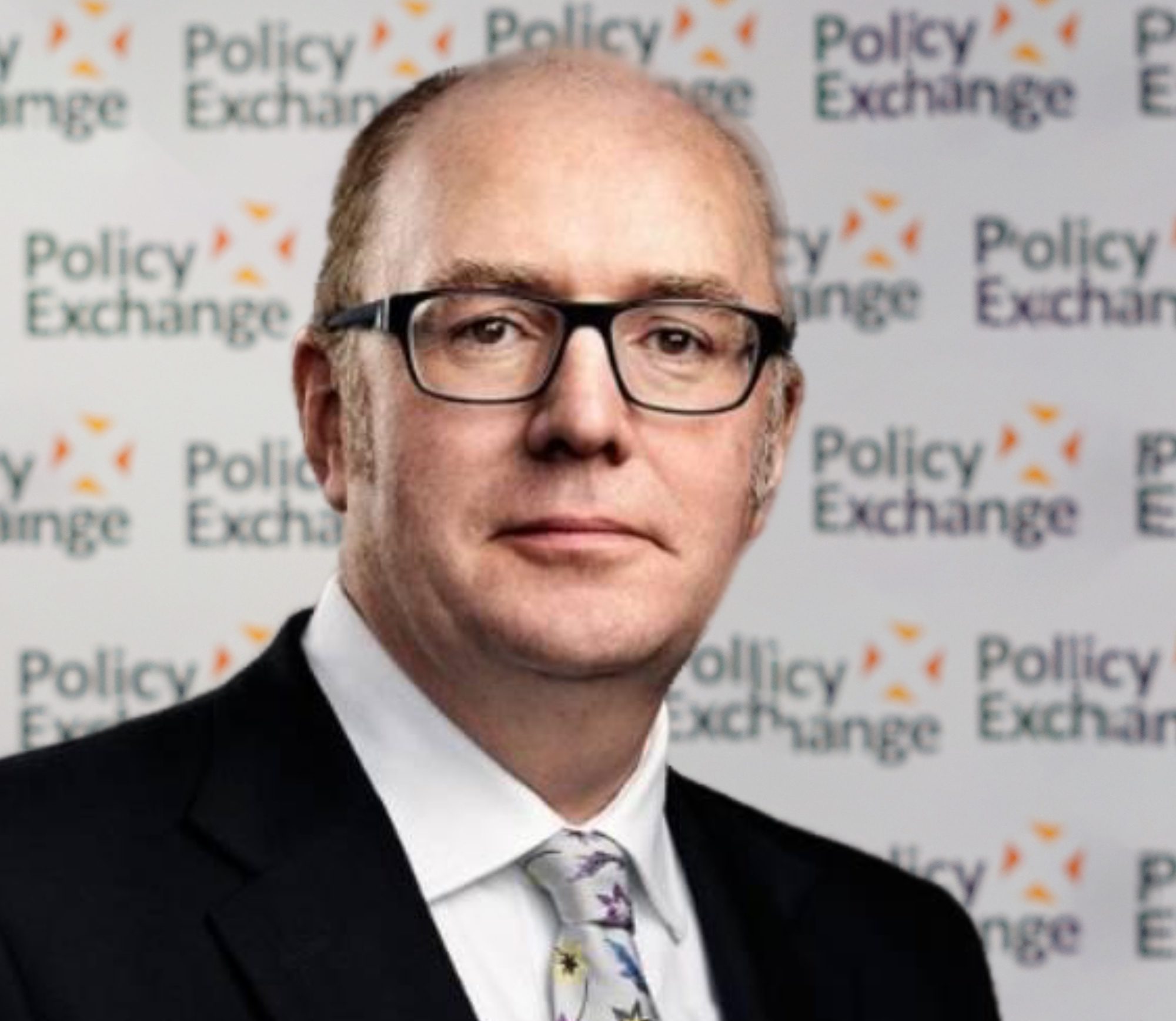New Statesman: The Autumn Statement was positive, despite the Treasury’s pessimism
‘The Chancellor’s speech highlighted some of the major challenges. He signalled out the budget deficit as well as low wages, low investment and low productivity. The latter, he reminded us, was reflected in the huge gap in productivity between London and other major cities. The solution requires long-term thinking: boosting investment, infrastructure and innovation. To his credit, the Chancellor stressed this. The focus on the supply side at the centre of the Autumn Statement was also welcome. It is about creating an enabling environment, so positioning the UK for the fourth industrial revolution. The main positive was the new National Productivity Investment Fund which is set to invest £23 billion over the next five years in transport, digital, research and development, and housing. The latter probably deserves a category by itself. The UK’s high value investment is very low by international standards. If we are to be a high growth, value added economy, we need even more public driven investment. This needs to be alongside innovative private sector schemes that attract more long-term savings into long-term investment. The focus on regional policy and productivity enhancing measures is good, although it will take time to be delivered.’
Click here to read the rest of the article on the New Statesman website
FT: Economists’ views on Philip Hammond’s debut
‘Finally, after the short-term misguided thinking of recent years, a longer-term economic strategy has started to emerge. This is good news. It includes an industrial policy, a clean Brexit, a commitment to free trade and an Autumn Statement that addresses key areas. The positive aspect is the focus on the supply side. It is about an enabling environment, positioning the UK for the fourth industrial revolution. At some stage it might even trigger the economics profession to realise that Brexit is good for people and future growth. The main positive in the statement was the new National Productivity Investment Fund, investing in transport, digital, research and development and housing. The focus on regional policy and productivity-enhancing measures is good, although only when delivered will they be believed. Also welcome was the commitment to help people on low to middle incomes. The UK’s economic problems include low investment and the twin budget and current account deficits. These are long lasting. Previous policy has not addressed them. But the solutions are Brexit-linked, with a global focus and long-term thinking. The Treasury’s pre-referendum forecasts were wrong, driven by groupthink and a status quo bias. In contrast, the Autumn Statement forecasts from the independent Office for Budget Responsibility are credible. They suggest a temporary slowdown because of uncertainty and the inflation impact of a weaker pound. I think they are too low, but even so they still show employment continuing to rise in coming years. There is a danger of pro-cyclical thinking. Low growth boosts the budget deficit and ties the chancellor’s hands. Either the economic forecasts are too low or the fiscal stimulus is not enough. Also, at this stage of the cycle, after seven years of growth, the economy often slows. This is made more likely if a lack of confidence holds back private investment and public infrastructure. Although this was a good statement by an authoritative chancellor he could have been more upbeat.’
Click here to read the rest of the article on the FT website (£)
BBC Radio 4 The World Tonight: Hammond’s gloomy post-Brexit Autumn Statement
Click here to hear Gerard Lyons’ discussion with Vince Cable, which begins at 10:18

